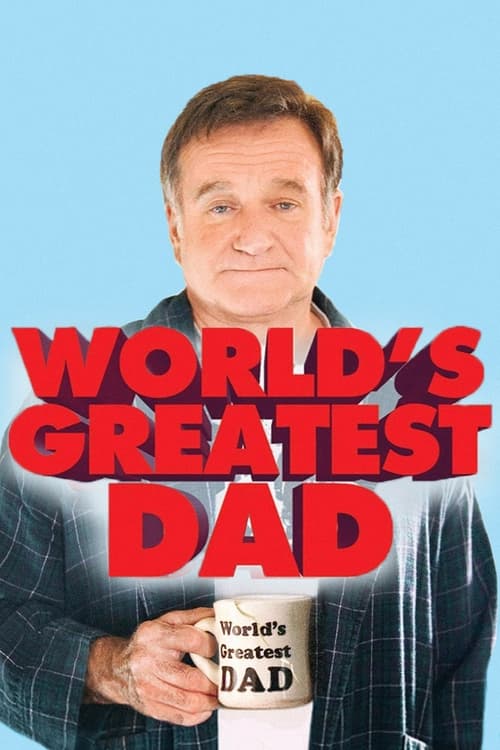
Title: World's Greatest Dad
Year: 2009
Director: Bobcat Goldthwait
Writer: Bobcat Goldthwait
Cast: Robin Williams (Lance Clayton), Alexie Gilmore (Claire Reed), Daryl Sabara (Kyle Clayton), Evan Martin (Andrew Troutman), Geoff Pierson (Principal Wyatt Anderson),
Runtime: 99 min.
Synopsis: In the wake of a freak accident, Lance suffers the worst tragedy and the greatest opportunity of his life. He is suddenly faced with the possibility of fame, fortune and popularity, if he can only live with the knowledge of how he got there.
Rating: 6.599/10